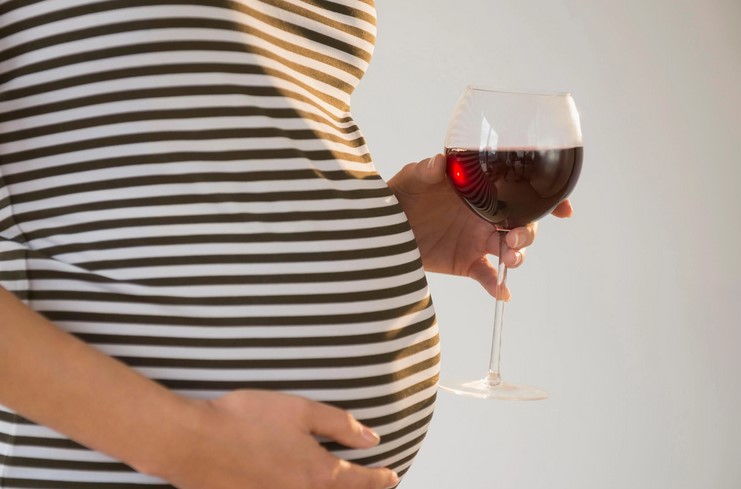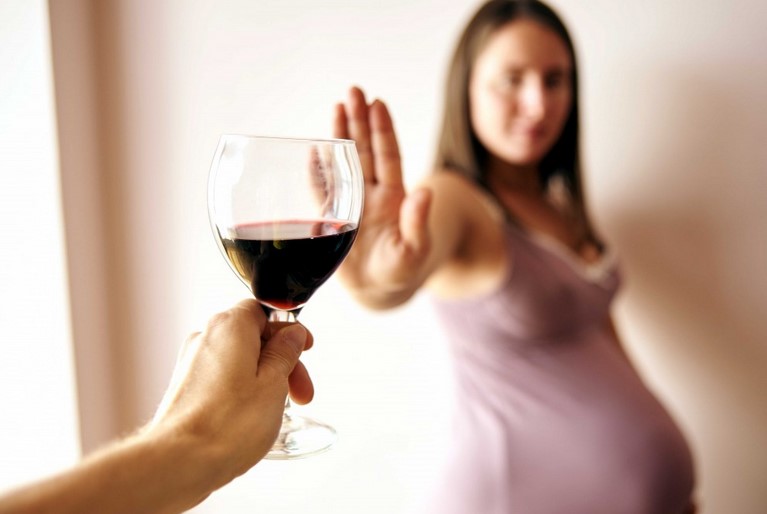While light to moderate drinking is generally considered safe for pregnant women, heavy drinking is not recommended. This is because the excess alcohol consumption could harm the developing fetus. Moreover, heavy drinking also increases the risk of spontaneous abortion. Moreover, it can cause fetal alcohol syndrome and other serious problems.
It seems that the overall consensus is that most women shouldn’t be drinking alcohol during pregnancy. But you should also bear in mind that there are plenty of other things to be concerned about during pregnancy, such as smoking, which is still very prevalent. That doesn’t mean to say that you couldn’t enjoy a glass of wine from time to time during your pregnancy, but it’s important to consider the risks and make an informed choice for yourself and your family.
Light to moderate drinking during pregnancy is safe
While heavy drinking during pregnancy is harmful for the fetus, light to moderate drinking is generally safe. However, the medical community has not come to a consensus on what constitutes a safe amount of alcohol consumption during pregnancy. This is why many public health agencies have opted for a zero-risk approach, allowing no alcohol consumption during pregnancy.
Studies have shown that heavy prenatal alcohol consumption can lead to significant adverse effects on the brain and cognition of the unborn child. However, research on light to moderate drinking during pregnancy shows that the effects are less consistent. As a result, the lack of solid evidence does not negate the dangers of light to moderate drinking, but rather complicates the decision-making process for expectant mothers.

Heavy drinking during pregnancy causes serious health problems for unborn child
Heavy drinking during pregnancy is a serious problem that affects both you and your unborn child. It’s also a major contributor to preventable birth defects, developmental disabilities, and learning disabilities in children. A condition called fetal alcohol syndrome (FAS) is one such problem, and it can only be prevented by abstaining from alcohol during pregnancy. Many women think that drinking one or two drinks at a time during pregnancy is safe and healthy, but the alcohol in a pregnant woman’s body puts the unborn child at risk.
Studies have shown that drinking alcohol during pregnancy greatly increases the risk of miscarriage and other problems, especially when the woman consumes a large quantity at one time. Heavy drinking is also associated with a significantly higher risk of fetal alcohol syndrome (FAS), which is a condition that can result in birth defects.
It increases the risk of spontaneous abortions
According to a recent study, women who consume alcohol during their pregnancy have a higher risk of spontaneous abortions. This risk is greater for women who consume more than three drinks a day. However, the risks are lower for women who drink only one to two drinks a day.
Alcohol consumption during pregnancy is linked to poor pregnancy outcomes, including spontaneous abortion, stillbirth, preterm delivery, and SIDS. However, the exact role of alcohol in these outcomes is still unclear. Rather, these effects are likely caused by other comorbid factors that can be difficult to measure.

It increases the risk of fetal alcohol syndrome
Pregnant women who drink alcohol during pregnancy increase their risk of fetal alcohol syndrome (FAS), a life-long condition characterized by physical, intellectual, and behavioral disabilities in the baby. While drinking wine may be relaxing and comforting, it is highly harmful to the developing fetus. This condition is preventable, but it is important to refrain from drinking alcohol completely while pregnant. Women should avoid alcohol consumption as soon as they find out they are pregnant. If they cannot avoid alcohol altogether, they should substitute it with nonalcoholic beverages.
The Centers for Disease Control (CDC) estimates that two cases of FASD occur for every thousand live births in the U.S. and Western Europe, but researchers are unsure of the exact frequency. The disorder is often difficult to diagnose, and symptoms vary widely. Furthermore, not all women are comfortable discussing their concerns with their healthcare providers. Thus, the symptoms of FASD may not be noticed, even if the woman is pregnant.
Most studies that have examined the effects of drinking moderate amounts of alcohol during pregnancy have found no harm. However, many of these studies have been criticised for not being reliable. The World Health Organisation has therefore said that women who are pregnant or trying to become pregnant should not drink alcohol.


